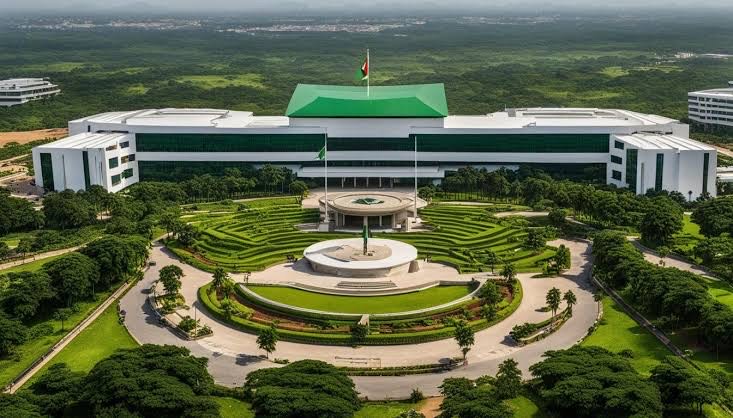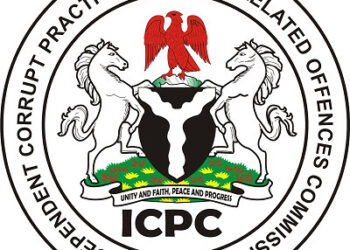By: Nwakaji Martins
The Health of Mother Earth Foundation (HOMEF) has called upon the Federal Government to declare a state of emergency on the environment in recognition of World Environment Day (WED) 2024.
In a statement penned by Executive Director Nnimmo Bassey, the ecology-focused advocacy group brought attention to the challenges faced by communities whose lands and means of living have been severely impacted by extractive practices and pollution, the central focus of this year’s WED.
The theme for WED 2024 is “Land Restoration, Desertification, and Drought Resilience.”HOMEF emphasized that this year’s observance should prompt Nigerians to contemplate their obligations toward nature and embrace sustainable methodologies.

The organization advocated for immediate measures to halt deforestation, loss of biodiversity, and land degradation, cautioning that without substantial climate action, humanity could face a future fraught with crises.
“Today presents an opportune moment for introspection and a shift in course,” HOMEF expressed, underscoring that WED 2024 offers Nigeria a framework for reevaluating socio-economic and environmental strategies.
Bassey highlighted the environmental decline, water scarcity, and drought afflicting certain regions of Africa, particularly noting Nigeria’s vulnerability to desertification.
“As we commemorate World Environment Day, we must acknowledge the detrimental impacts of destructive practices on our environment, particularly stemming from resource extraction and unsustainable land management,” he articulated.

Bassey called for an urgent, comprehensive environmental rehabilitation strategy for Nigeria to enhance resilience and secure a sustainable future. He urged the government to prioritize the remediation of contaminated land, execute restoration initiatives, and provide compensation to affected communities.
“We must awaken from the misguided belief that the earth can be exploited recklessly without severe repercussions,” he cautioned. “It is imperative to recognize that Nature’s abundant gifts must be handled with reverence and diligence.”
He highlighted the hardships faced by communities in mining areas, oil-producing regions, and conflict zones, emphasizing the necessity to safeguard biodiversity, reject genetic manipulation, and nurture a harmonious rapport with nature.
HOMEF stressed the significance of WED serving as a prompt for governments to prioritize community involvement, ensuring that communities are fully informed, and consulted, and their consent sought before embarking on projects with environmental ramifications.
The organization underscored the importance of safeguarding vulnerable communities at the forefront of the ecological dilemma.
“We must fundamentally transform our policies and decisions to live sustainably in consonance with nature, fully cognizant that the planet is our sole abode and her resources are finite,” HOMEF concluded.




































